In Sub-Saharan Africa, where 600 million people live in rural areas, the road infrastructure is underdeveloped, with most roads being rough dirt paths, and conventional transportation options are virtually nonexistent. The vast majority of untapped farmland is situated over six hours away from major markets on foot, making rural accessibility one of the lowest in developing countries. As a result, shipping costs in these areas are 2-3 times higher than in more developed regions.
This lack of transportation infrastructure has severely impacted local life, especially for women who carry the bulk of agricultural responsibilities. With the difficulty of obtainng water for daily tasks like cooking, washing, and farming, everyday life becomes a struggle. Furthermore, healthcare access, school attendance for children, vaccinations, and maternal care are all compromised by poor transportation options. Agricultural goods also face enormous challenges in reaching markets.
The arrival of Chinese electric three-wheelers has helped resolve these pressing issues!
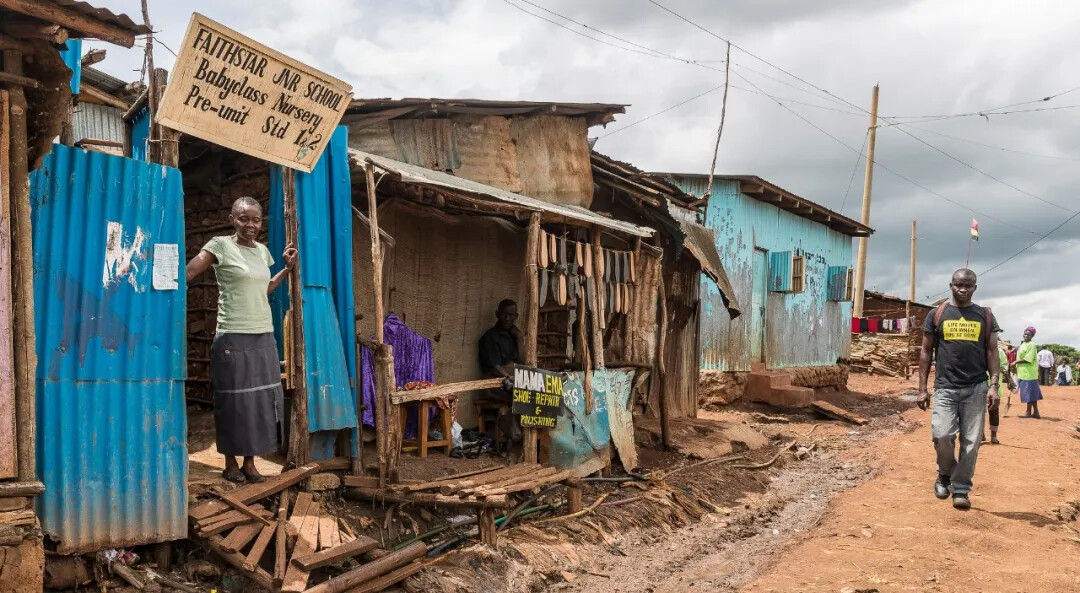
The founder of "Mobility for Africa,"Shantha Bloemen, previously worked for the UNICEF. During a field study in rural Hebei, China, she discovered that electric three-wheelers were both practical and environmentally friendly. Recognizing the potential demand in Africa, she decided to introduce this solution to the continent.
In 2019, "Mobility for Africa," crowdfunded to ship the first batch of 50 vehicle kits from China to Zimbabwe. With the help of Tsinghua University students, the pilot project took off. Guided by engineers from the three-wheeler manufacturer, the vehicles were assembled locally, and the first batch was successfully delivered to female users.
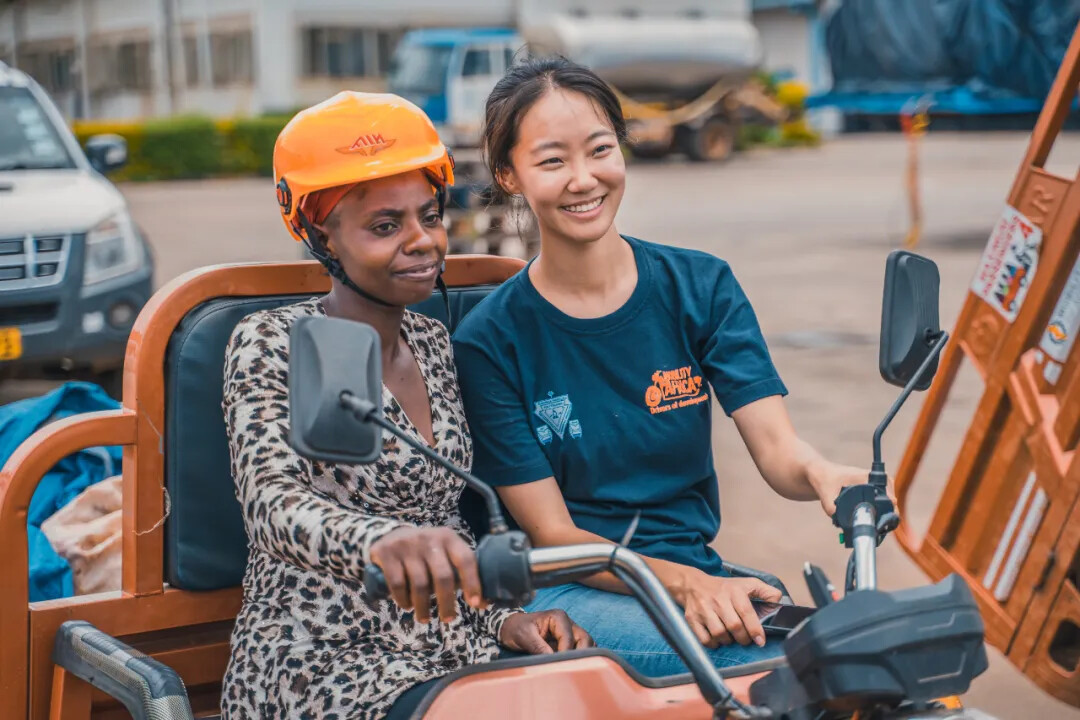
When Chinese electric three-wheelers initially entered Africa, they encountered some "growing pains." Africa's rural areas, with their limited electricity supply, made it difficult for the standard lead-acid batteries to perform well, with long charging times and short ranges. Even lithium batteries didn't quite meet the needs.
Mobility for Africa reached out to a Chinese new energy storage technology company, Fourier Energy, and collaborated to customize a 5kWh lithium iron phosphate battery. This allowed the three-wheelers to carry loads between 300 kg to 400 kg (able to carry approximately 4-5 people) while maintaining a range of over 100 kilometers.

With the power of advanced lithium batteries, this green revolution in rural Africa has blossomed faster than expected.
Thanks to the cutting-edge technology, the project expanded from one site to three, spreading from farms to suburban areas, and even reaching the vast ranches 600 kilometers outside the capital in Chipinga. The fleet grew from just 50 vehicles to over 200, with the battery and management systems constantly evolving. Now, the project is on its third generation of products.
Chinese electric three-wheelers have significantly improved transportation and daily life in rural Africa. These electric three-wheelers have become essential tools for African women, who have formed women-only fleets. After receiving training, women became "taxi drivers" operating between agricultural markets, community clinics, schools, and the fields, providing convenient services for local residents while also generating a steady income for themselves. These developments have changed the traditional roles and lifestyles of African women, increasing their status and influence within the family.
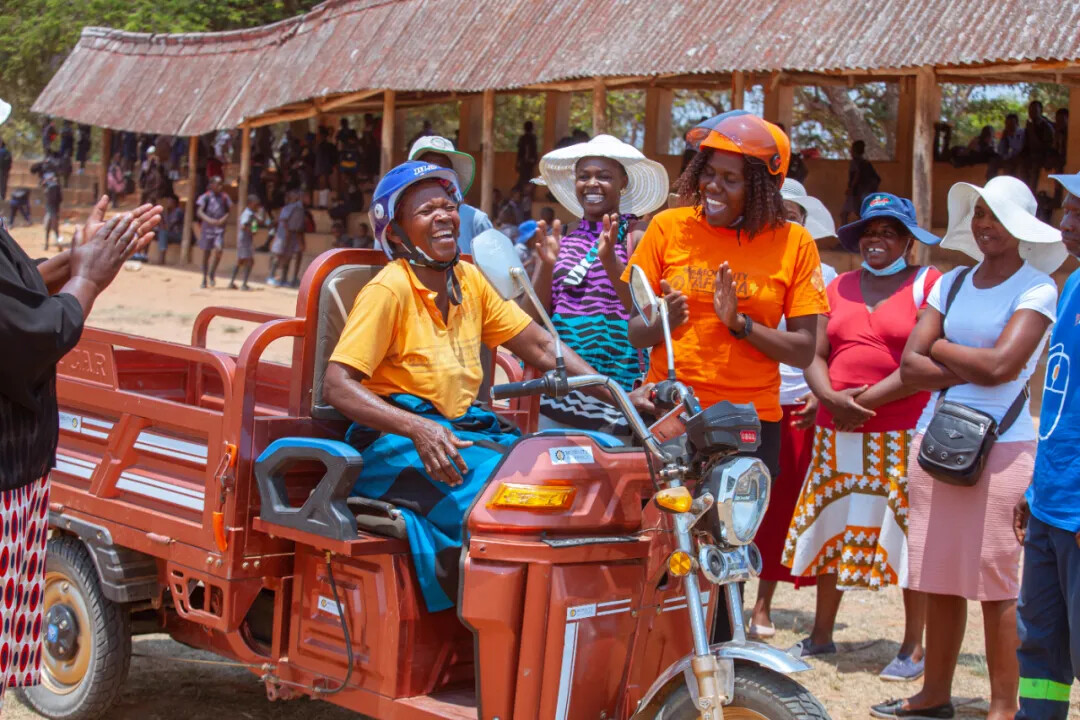
This women-led, grassroots innovation taking root in the fields of Africa offers important insights: on one hand, the future development prospects for Chinese electric three-wheelers in Africa appear generally promising; on the other hand, it highlights how public welfare and commercial interests can complement each other, working together to drive social progress and development.
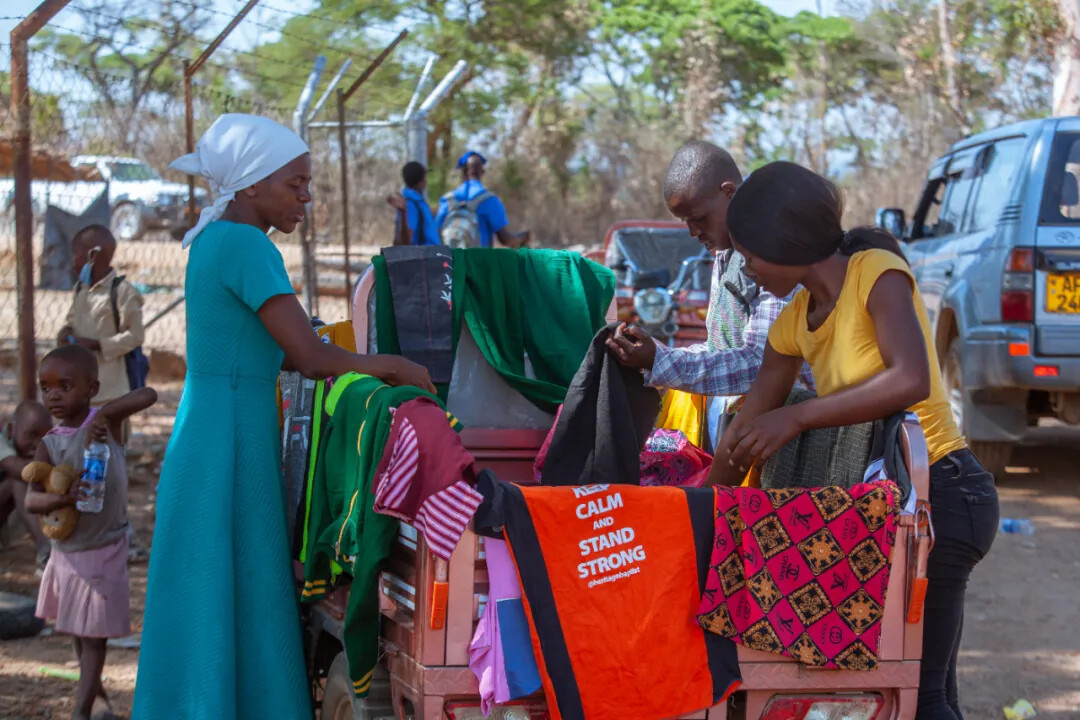
Insights from the "Mobility for Africa" Electric Tricycle Project: Lessons for Chinese EV Manufacturers Going Global
1. Tailoring Products to Local Needs
Geographical conditions, transportation infrastructure, living habits, economic development, and user demands in regions such as Africa, Southeast Asia, Central Asia, and Europe differ significantly from China. This indicates that enterprises must adapt and customize their products to suit the unique conditions of the target markets, thereby enhancing product adaptability and market competitiveness.
2. Building a Sustainable Business Model
① Infrastructure Solutions: Addressing challenges like limited charging infrastructure, as seen in Africa, requires collaboration with local communities to build solar-powered charging stations and provide battery swapping services. These services should be affordably priced and paired with micro-financing, ensuring accessibility for users while maintaining project viability.
② Localized Production: Chinese-made components can be assembled locally, and future developments may involve deeper localization to reduce costs and increase responsiveness to market demands.
③ Technical Localization: Cultivating local technical talent is essential to reducing reliance on foreign experts and improving long-term project sustainability.
④ Diversified Funding: Securing funding through user payments, government and foundation support, and private investment reduces dependency on a single source and strengthens risk resilience.
⑤ Expanding Applications: Beyond passenger and cargo transport, electric tricycles may integrate with other systems for expanded use cases.
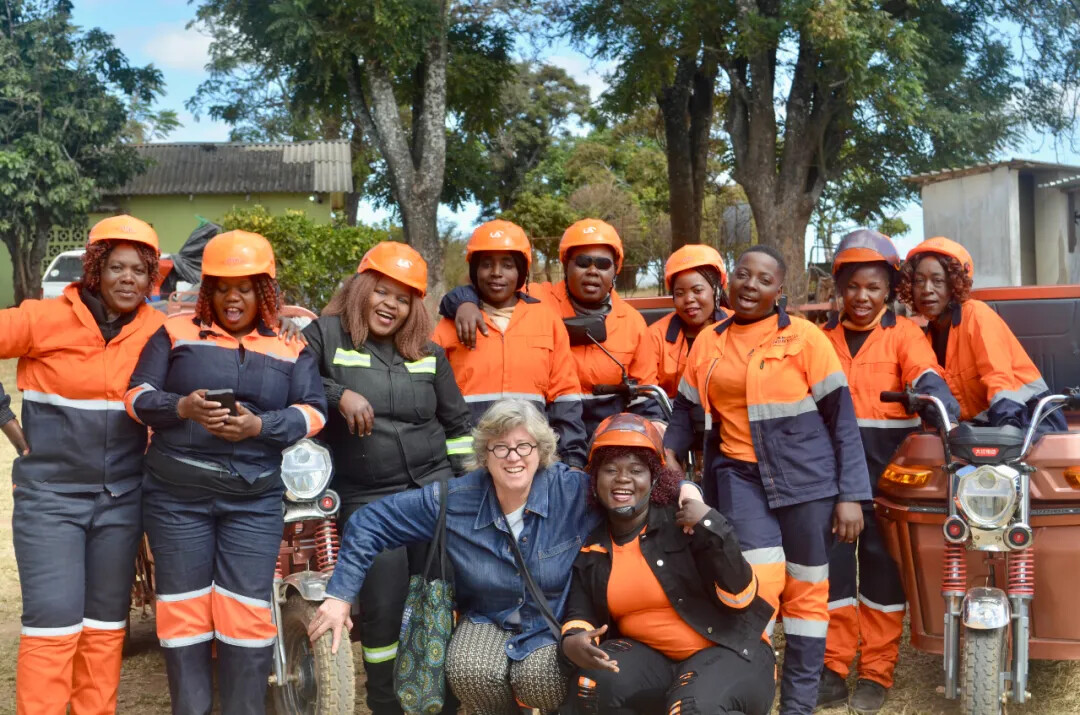
3. Emphasizing Social Impact and Cultural Integration
① Empowering Local Communities: Overseas ventures should emphasize the positive social impact of their products, empowering locals and enhancing the company's social reputation.
② Respecting Cultural Norms: Companies must consider cultural sensitivities to ensure smoother implementation and community acceptance.
4. Enhancing Collaboration and Communication
① Corporate Partnerships: Chinese EV companies should strengthen partnerships with domestic and international firms to share resources and jointly explore overseas markets.
② Community Engagement: Collaborating with local communities and involving residents in operations fosters trust, ensures feedback loops, and supports project integration into local contexts.
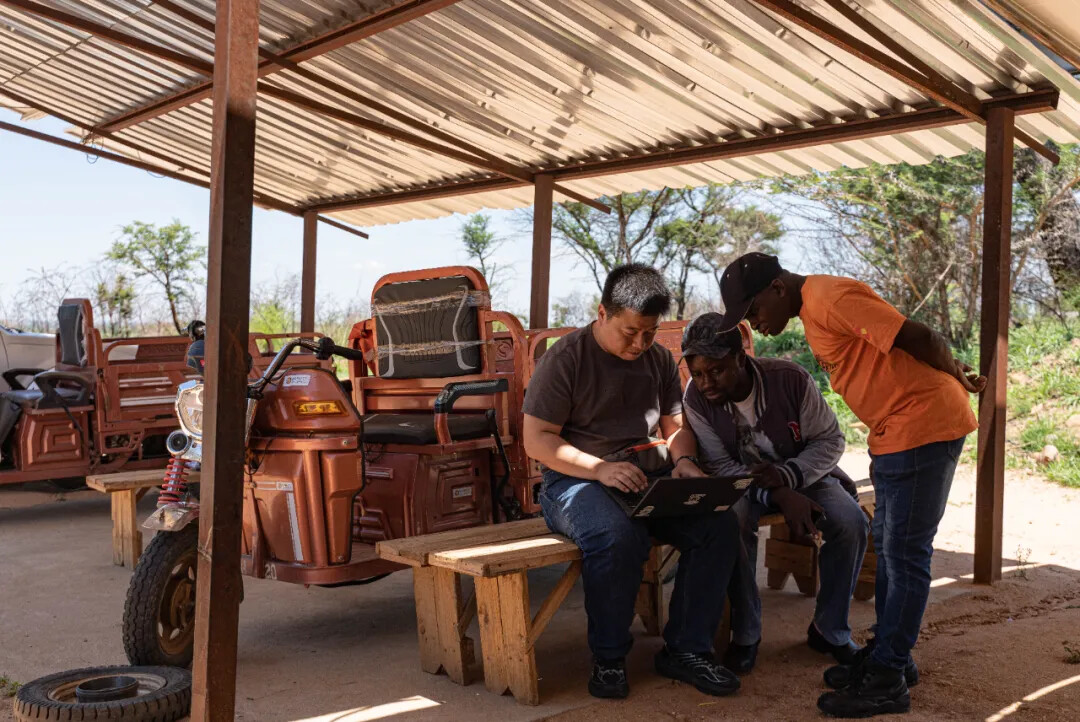
In the wave of green mobility, Chinese electric tricycles are poised to become a distinctive and valuable solution to the "last mile" challenge in many countries, offering convenient, efficient, and eco-friendly mobility. With growing confidence, "Made in China" is ready to contribute to global sustainable development.
